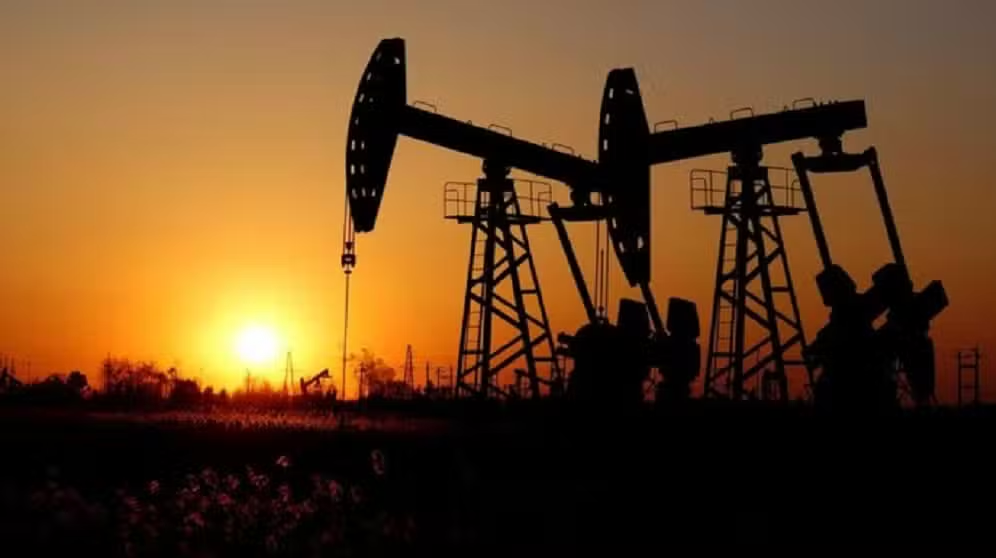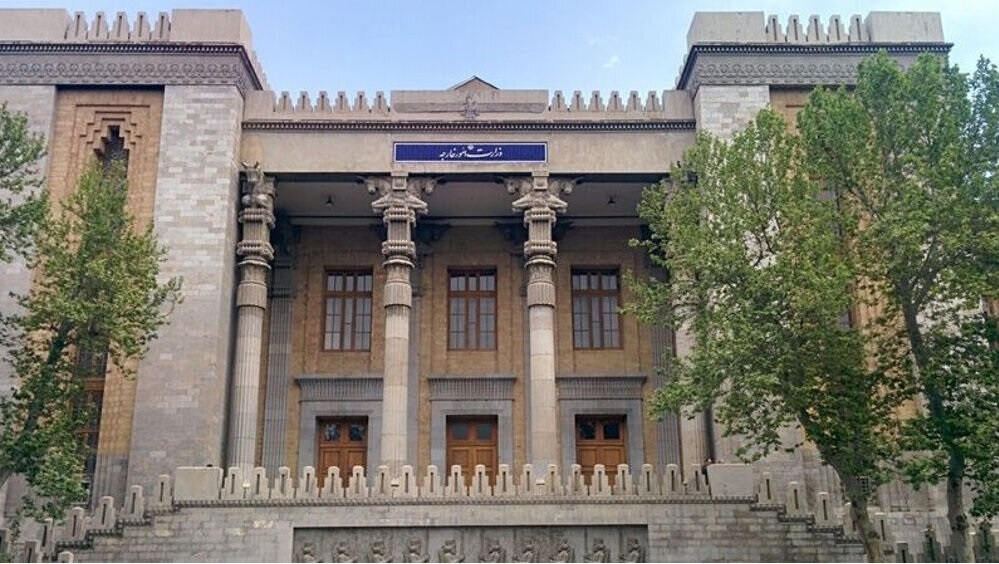A fresh wave of speculation has emerged regarding Pakistan’s oil potential following a major announcement by U.S. President Donald Trump, who stated that Pakistan and the United States have agreed to jointly develop the country’s oil reserves.
“Pakistan and the United States will work together on developing their massive oil reserves,” the U.S. President said.
The Reality of Pakistan’s Oil Dependency
Currently, Pakistan is heavily dependent on oil imports to meet domestic energy needs. In the fiscal year 2025, the country imported petroleum products worth $15.93 billion, making up nearly 30% of total imports. Simultaneously, domestic oil production fell by 11.8%, averaging only 62,225 barrels of oil per day (bopd).
Do Significant Reserves Exist?
Despite low local production, Pakistan may hold substantial untapped reserves, especially in shale-based oil and gas. A 2015 U.S. Energy Information Administration report estimated that Pakistan holds technically recoverable reserves of 9.1 billion barrels of oil and 586 trillion cubic feet of natural gas.
READ MORE:
Cnergyico to Import Pakistan’s First-Ever US Crude Oil Cargo in October 2025
These estimates focus primarily on the Lower Indus Basin, encompassing the Central and Southern Indus regions, which have historically sourced Pakistan’s conventional oil and gas.
Last year, government officials also confirmed the discovery of petroleum and natural gas within Pakistan’s territorial waters, hinting at yet more potential.
In a recent update, Parliamentary Secretary for Petroleum Mian Khan Bugti highlighted that significant exploration is ongoing in Sindh, while Balochistan and Khyber Pakhtunkhwa also possess confirmed reserves under active development efforts.
What’s Next?
While studies and initial findings are promising, the key challenge remains large-scale exploration. Only with dedicated investment, modern drilling technology, and international partnerships can Pakistan determine how much of its reserves are economically recoverable.
The recently announced Pakistan-U.S. partnership could be a crucial turning point in unlocking the country’s hidden energy wealth.



